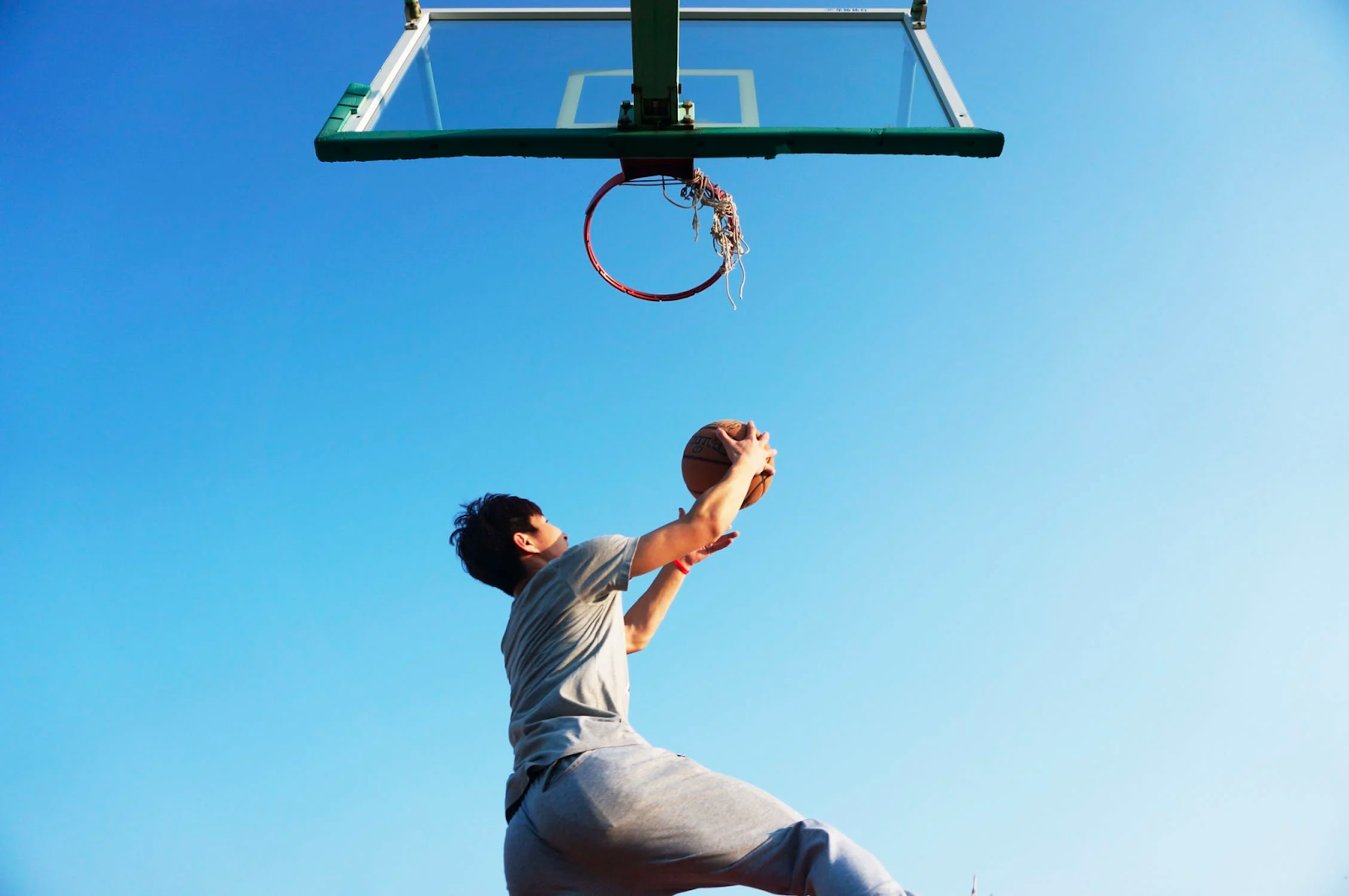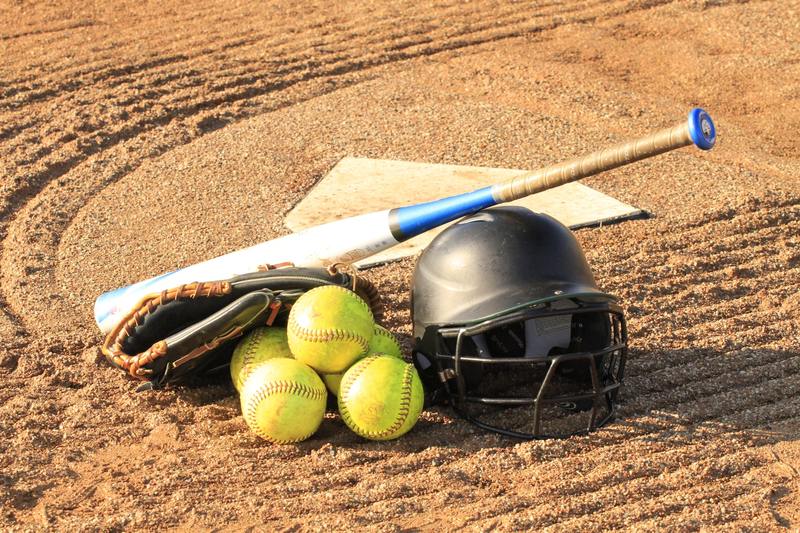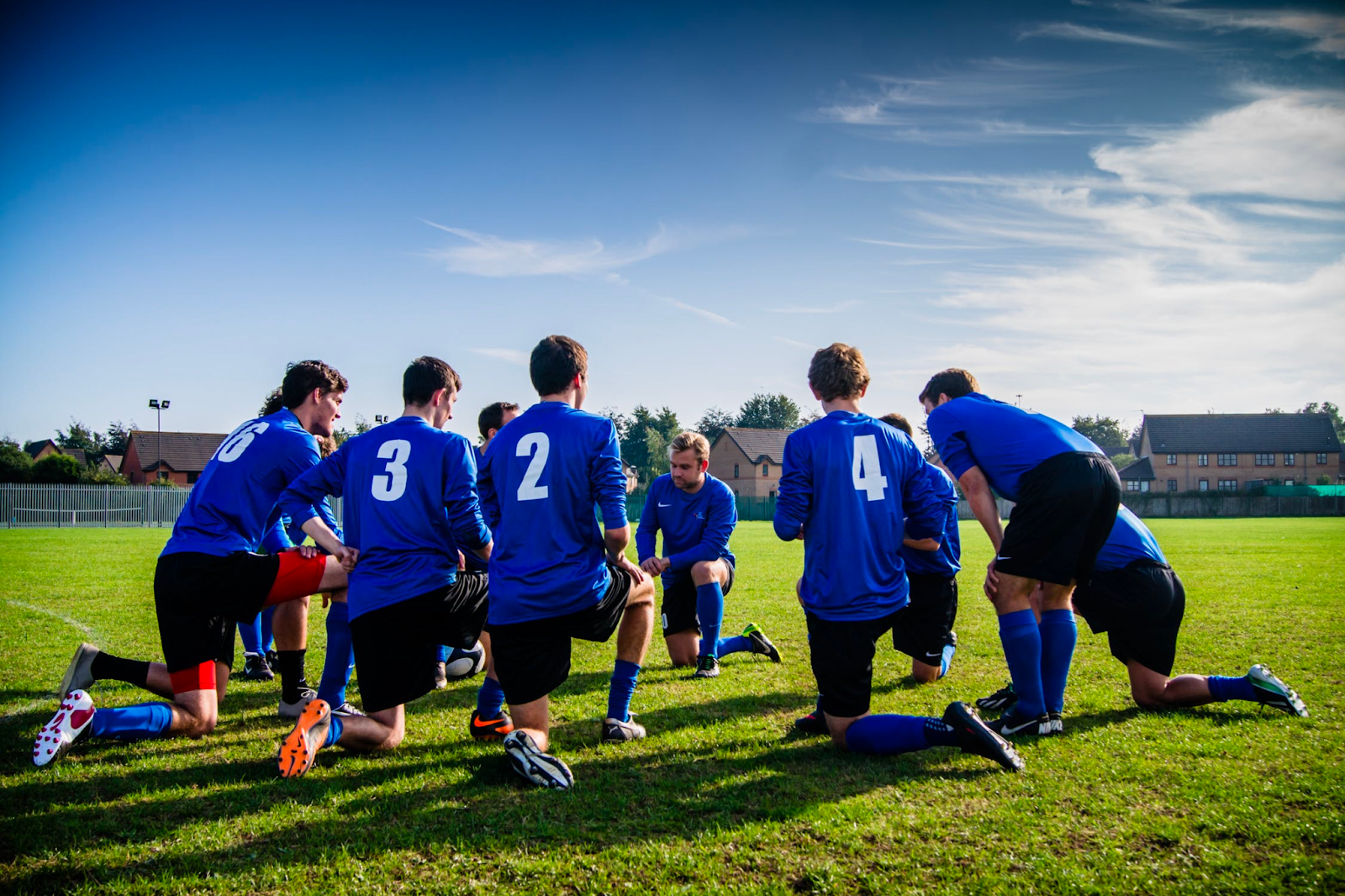Ever since I was little, I’ve had a competitive drive within me to be the best, and it started with sports. Athletics has pretty much consumed my entire life since I can remember. I’ve played soccer, basketball, tennis, volleyball, water polo, golf, rugby, etc. I’ve tried it.
If you feel like you’re not athletic enough or too old to start a sport, get rid of that mindset. Sport is supposed to be fun and it’s never too late to start having fun. Especially as a teenager in high school, there are so many opportunities for you to start playing a sport, along with other newbies too.
The benefits of sport are too remarkable to say no, but not everything is perfectly wonderful. Before excellence, there is difficulty. Here’s what you need to know before you start playing a sport. 
Choose the right one
Choosing the right sport for you is essential; it can make or break your experience as an athlete. Recognize your skills, your likes and dislikes and your approach to competition; try to write them down. When reviewing, consider running, stamina, aggression, skill, strength, work ethic, and teamwork. If you know you’re an aggressive player with great stamina, try a sport like soccer. What if you hate running, but like aggressiveness? Maybe golf is the sport for you! If you can, talk to friends who already play a sport and ask for their advice. You never want to feel uncomfortable, and choosing the right sport will ensure that.
Sports are physically demanding
It may seem obvious, but so many people don’t realize that training for a sport is tough. In fact, the more competitive it becomes, the more rigorous the training. Enter the sport with a mindset that it won’t be easy. What’s so wonderful about playing a sport is the exercise that comes with the fun. In swimming, you try to move your arms and legs as fast as you can. In football, you will sometimes sprint hard. Even though it can be tiring, let yourself have fun. Remember it’s just a game.
Plus, sports will force you to treat your body well, and that’s what’s so good about it. Eventually you will have to learn to take care of yourself and with sport you will only be one step ahead. Also note that injuries will happen, even the strongest athletes have to deal with them. When you find yourself on the sidelines due to injury, don’t be discouraged. Stay a good teammate, support your team in other ways, and focus on rehabilitation.
Here are some do’s and don’ts when it comes to exercise and your body:
- Push yourself hard.
- DO NOT overwhelm your body to the point of injuring yourself. Listen to yourself. You know better.
- Take days off when you need them.
- DON’T give up when things get a little tough.

Mental difficulties
Sometimes your mindset and psychological approach matters more than your actual skills. Confidence can have a big impact on your performance, and this is often not understood. Coaches, teammates and your competitors can reach you, but you must get rid of them. Know that when someone is tough on you, they are either jealous or they want you to improve as a player. Learning not to take coaches’ comments as mean and more like constructive criticism is crucial. If you need additional support, reach out to your teammates. They are in the same situation as you, they just want to have fun and improve. 99% of the time you will walk away feeling much more heard and confident. For me, I’m most stressed right before a game, but try as much as possible not to. A little stress is good, more than a little is too much. Before jumping into a game, take a moment to breathe. Don’t panic, trust yourself!
Wasting time
The sport takes time, but it’s definitely worth it. Think about it, if you become an athlete at your school, you will probably have to train at least 3 times a week! Often, school teams hold practices 5 days a week for 2 hours. Starting a sport, especially if you’re used to having a lot of time, will be a huge adjustment. Expect to have less time to do your homework, hang out with friends, or even relax. In addition, the work you do outside of sports will also take time. From taking proper care of your body, such as stretching, to improving your stamina, you may even need to completely change your schedule.
To manage your time, try creating a routine. Immediately after coming home from practice, take a shower and spend 45 minutes doing your homework. Then go to dinner and watch an episode of a TV show. Afterwards, take the time you need to do a chore. When you’re done, do the rest of your homework, then go to bed. Making specific plans will help you stay organized and on track, even when you have less time. 
All the pleasure
Regardless of all the not-so-great things about playing a sport, the benefits that come with it are outstanding. The passion I have for athletics is truly unmatched. I fell in love. Wherever you play, you’ll meet fun new people. Whether you’re a freshman playing on a team full of juniors and seniors, or playing co-ed and recreational basketball, you’ll find someone you love. In the time the teams spend together, you have the opportunity to bond and develop relationships with your teammates.
In the actual game, however, you can run as fast as you want, kick a ball as hard as you want, and celebrate after a huge goal. Winning a game, let alone a championship game, is the best feeling ever. 
Playing a sport isn’t easy, but don’t let that put you off. The friends you’ll make, the skills you’ll learn, and everything in between will make your experience amazing. The next time your high school is looking for soccer players or a nearby recreational league is open to you, sign up! You never know what might happen, you might even become a superstar!






